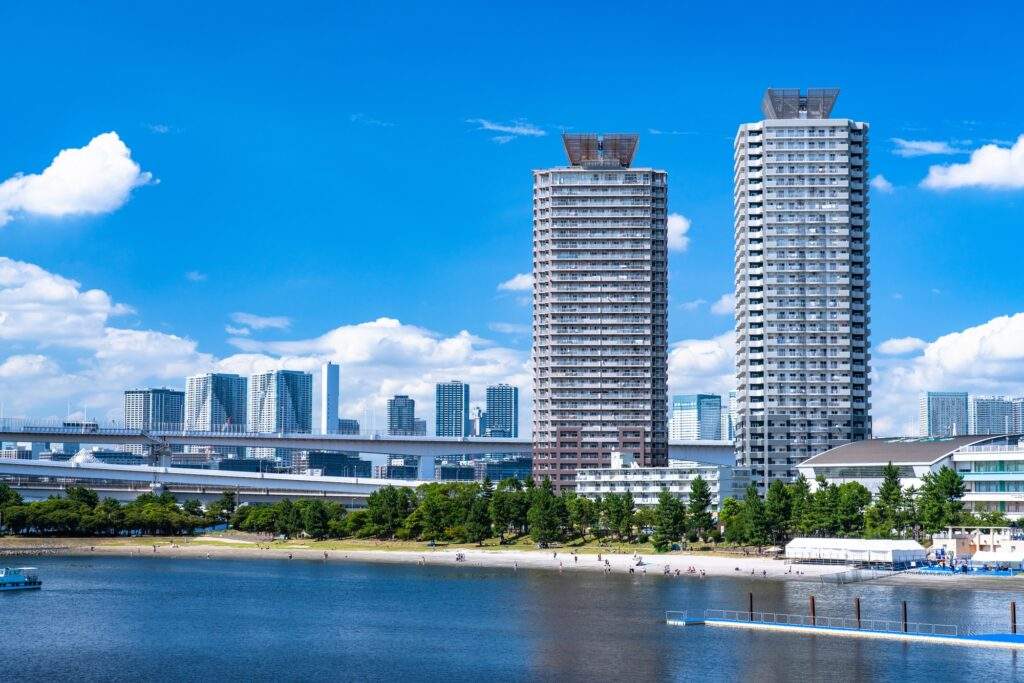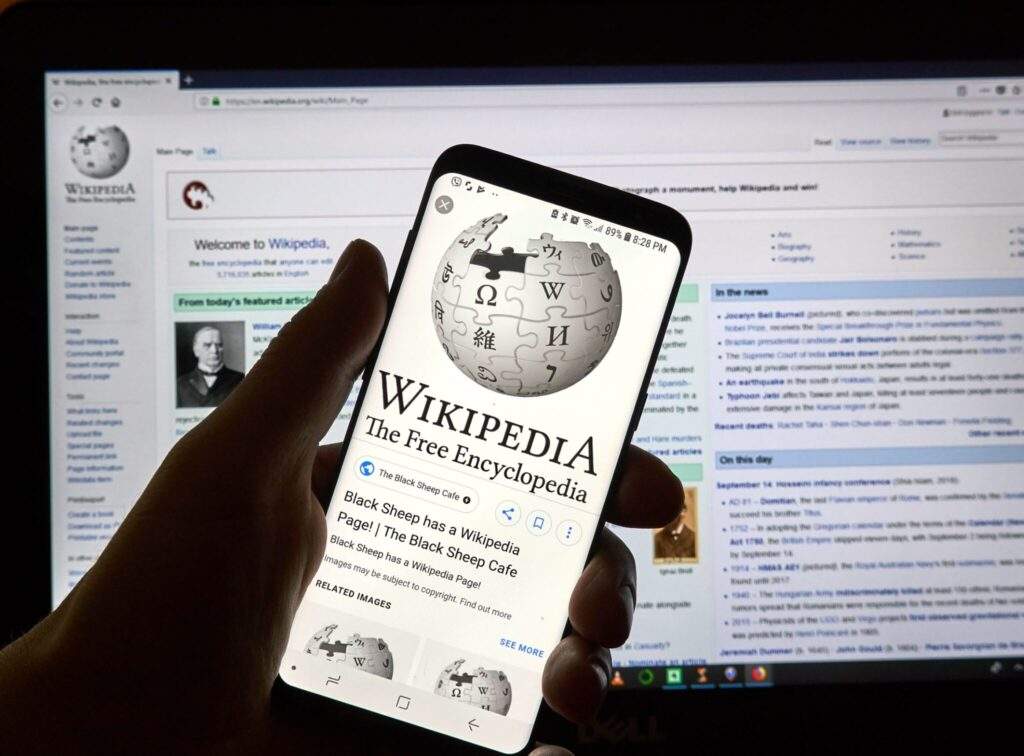How Insurance Companies Can Remove Negative Reviews Through Provisional Measures

With the proliferation of smartphones, more and more people are looking at reviews of insurance companies when considering insurance. Given the nature of insurance, which pays out when life troubles such as injuries or illnesses occur, there are cases where negative reviews are posted.
In this article, we will explain how to remove malicious reviews about insurance companies.
What Constitutes Malicious Reviews Against Insurance Companies

Insurance companies have a duty to explain important matters at the time of contract, but misunderstandings can arise due to communication discrepancies, which may lead to disputes. In such cases, negative reviews such as “Insurance money is not paid” or “This is the worst insurance company. You should definitely not contract with them” may be posted on review sites. These malicious reviews can cause reputational damage and pose a risk of negative effects such as a decrease in insurance product sales.
Requesting Removal from Review Sites
If you find negative reviews that are inconsistent with the facts, reviews that can be considered defamation, or reviews that infringe on the privacy of employees or others, your first step should be to request removal from the review site. Most sites prohibit reviews that involve defamation or privacy infringement.
However, the decision to remove a review is ultimately up to the site operator. If the operator does not consider the review to be defamatory or infringing on privacy, they may not remove it. If reviews were removed simply because they were negative, the site would fail to fulfill its purpose as a review platform. Therefore, some sites may adopt a cautious stance towards removing reviews.
We have detailed the process of removing defamatory reviews from ‘Minhyo (Everyone’s Reputation Ranking)’, a review site where reviews of insurance companies are also posted, in the following article.
https://monolith.law/reputation/countermeasures-against-reputational-damage-minhyo[ja]
Filing for a Provisional Disposition for Deletion
What is a Provisional Disposition for Deletion?
If a review site refuses to delete a review despite your request, you can file for a provisional disposition for deletion with the court. A provisional disposition is a temporary measure based on the Japanese Civil Preservation Law (民事保全法), and it yields results faster than regular litigation. Since a provisional disposition is a preliminary decision made before determining the legality of the case in a lawsuit, you need to file a lawsuit after the provisional disposition is decided. However, in reality, it is rare for a provisional disposition to be overturned in a lawsuit, so in many cases, the review is deleted without having to file a lawsuit if the provisional disposition determines it to be illegal.
It is crucial to delete malicious reviews as soon as possible to prevent the spread of reputational damage. Therefore, filing for a provisional disposition is a suitable course of action.
Procedure for Provisional Disposition for Deletion

The process for a provisional disposition for deletion is as follows: filing for provisional disposition → examination → payment of security deposit → issuance of provisional disposition order → execution.
Filing for Provisional Disposition
First, you file for a provisional disposition for deletion with the court. When filing, you submit a petition and supporting documents that clearly state the content of the rights to be preserved, the facts of the rights infringement, and the necessity for preservation.
In a regular lawsuit, you need evidence to “prove” your case, but in a provisional disposition, it is sufficient to “demonstrate” your case. “Proof” is to convince the judge that it is true without any reasonable doubt, while “demonstration” is to make the judge infer that it is likely true.
Examination
Examination, an unfamiliar term, is a procedure similar to oral argument in a lawsuit. In oral argument, you make your case in writing, but in an examination, the judge and the lawyer directly discuss the case.
The interval between examinations is about a week, which is short. Therefore, you need to gather additional documents or create new documents in a short period if necessary. To avoid such situations as much as possible, you need to prepare thoroughly from the beginning and have effective evidence and documents ready.
Payment of Security Deposit
If the examination results in the recognition of the illegality of the review and the necessity for preservation, a “security decision” is made. Once a security decision is made, you must pay a security deposit to the Legal Affairs Bureau in the form of a deposit.
The reason for paying a security deposit is that if a formal lawsuit is filed and the illegality of the review is denied, there is a possibility that damages will be incurred for having the review deleted. The security deposit is for these damages. The amount of the security deposit varies depending on the content and quantity of the review, but it is usually between 300,000 and 500,000 yen. This security deposit can be recovered by going through procedures such as obtaining the consent of the security holder.
Issuance of Provisional Disposition Order
Once the security deposit is paid, the court issues a provisional disposition order to delete the review. Most review sites will delete the review once this order is issued. Therefore, in most cases, there is no need to initiate formal litigation procedures afterwards.
Execution
If the review is not deleted even after the provisional disposition order is issued, you can take a procedure called execution. Also, if you file for execution, you can make the review site pay the amount ordered by the court until the review is deleted. However, it is rare for a review site to refuse to delete a review to this extent.
For more details on how to delete defamatory articles through provisional disposition, please refer to the following article.
https://monolith.law/reputation/slander-delete-law[ja]
Case Where a Review Was Ordered to be Removed by a Provisional Disposition
In a case where a comment on Google Maps about a dental clinic was claimed to be defamatory, a provisional disposition for deletion was filed, and the Tokyo District Court ordered the comment to be removed (Tokyo District Court decision, April 26, 2018 (2018 in the Gregorian calendar)). The reasons for this decision can be broadly divided into two.
- The comment can be said to have lowered the social evaluation
- It has been made clear by the evidence that the facts indicated in the comment cannot be said to be true
In other words, whether or not you can make the above claims appropriately and whether or not you can gather valid evidence can be said to determine success or failure. Conversely, if it cannot be said that the social evaluation has been lowered by the comment, or if it is difficult to prove that the comment is merely an impression and contradicts the truth, there is a high possibility that deletion will not be allowed.
For more detailed explanations about cases where reviews of dental clinics can be removed, please refer to the following article.
https://monolith.law/reputation/reviews-delete-case[ja]
Summary
Filing for deletion through provisional disposition is usually quicker than regular court proceedings. However, the speed of the process can also present challenges. This is because it requires gathering appropriate materials and creating documents within a short period of time.
If your insurance company has been subjected to malicious reviews, it is advisable to consult with a lawyer who is proficient in handling defamation on the internet and take early measures.
Introduction to Our Firm’s Measures
Monolith Law Office is a legal office with high expertise in both IT, particularly the internet, and law.
In recent years, information related to reputational damage and defamation spread on the internet has been causing serious harm.
Our firm provides solutions for managing reputational damage. Please refer to the following article for more details.
Category: Internet





















